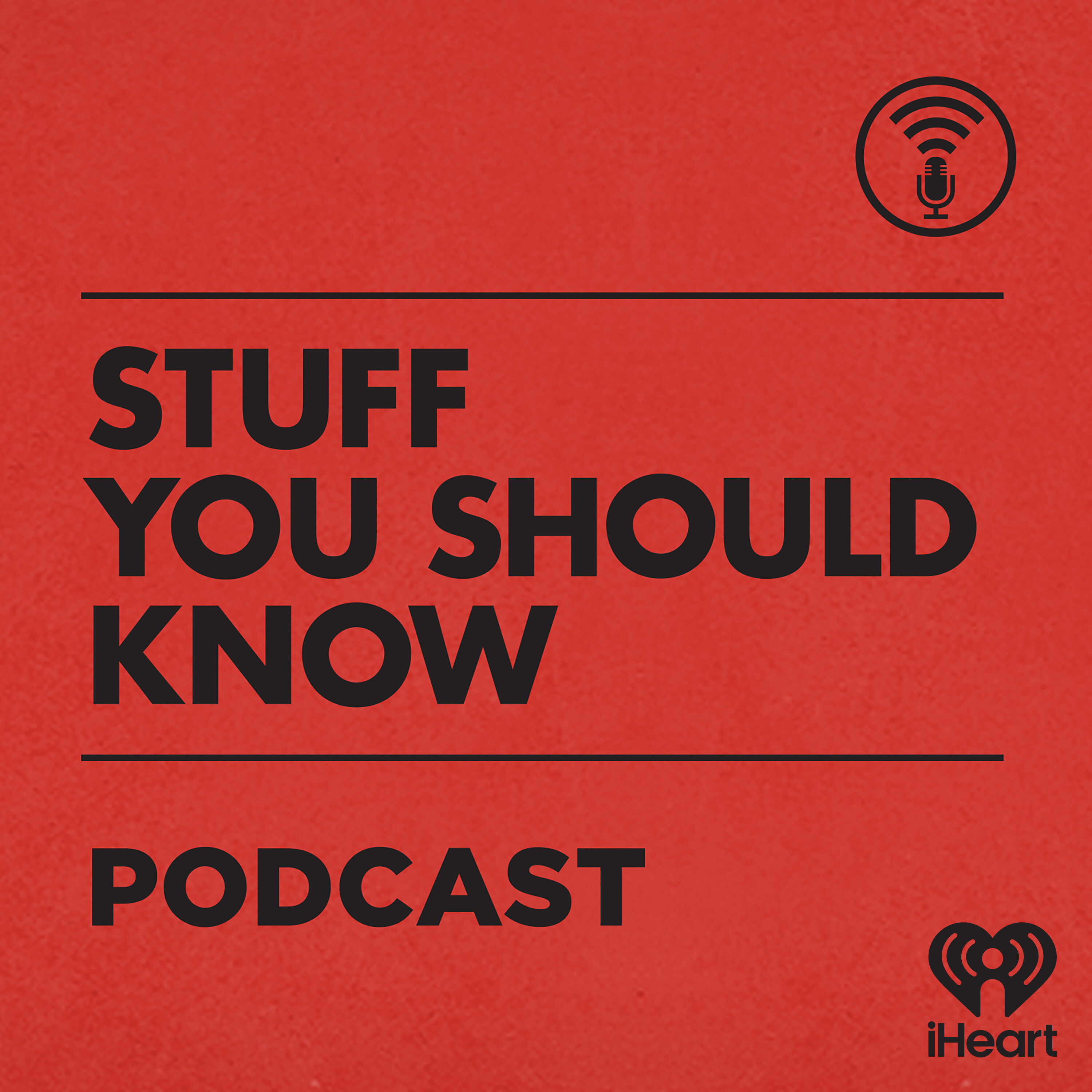Chapter
Clips
Kidney stones are excruciatingly painful and often cause nausea, back and abdominal pain, as well as pain in the kidney and ureter as the body tries to pass the stone.
24:33 - 27:29 (02:55)
Summary
Kidney stones are excruciatingly painful and often cause nausea, back and abdominal pain, as well as pain in the kidney and ureter as the body tries to pass the stone. This pain is often compared to the pain of childbirth without drugs.
ChapterKidney Stones and Pain Management
EpisodeKidney Stones: No! Please, NO!
PodcastStuff You Should Know
If you have kidney stones that are 5mm or smaller, you have a 90% chance of passing them through urine; however, if they are between 5mm and 10mm, chances drop to 50%.
27:29 - 29:14 (01:45)
Summary
If you have kidney stones that are 5mm or smaller, you have a 90% chance of passing them through urine; however, if they are between 5mm and 10mm, chances drop to 50%. Doctors will typically send you home with pain killers and Flomax to help relax your urethral sphincter so you can urinate more easily, but you'll feel like you need to pee all the time.
ChapterKidney Stones and Pain Management
EpisodeKidney Stones: No! Please, NO!
PodcastStuff You Should Know
The diagnosis of metabolic imbalances can involve blood and urine tests to track the medical condition of the patient.
29:14 - 30:33 (01:19)
Summary
The diagnosis of metabolic imbalances can involve blood and urine tests to track the medical condition of the patient. For identifying and tracking kidney stones, doctors use a mesh cup to catch samples of urine that reveals what the stone is made of.
